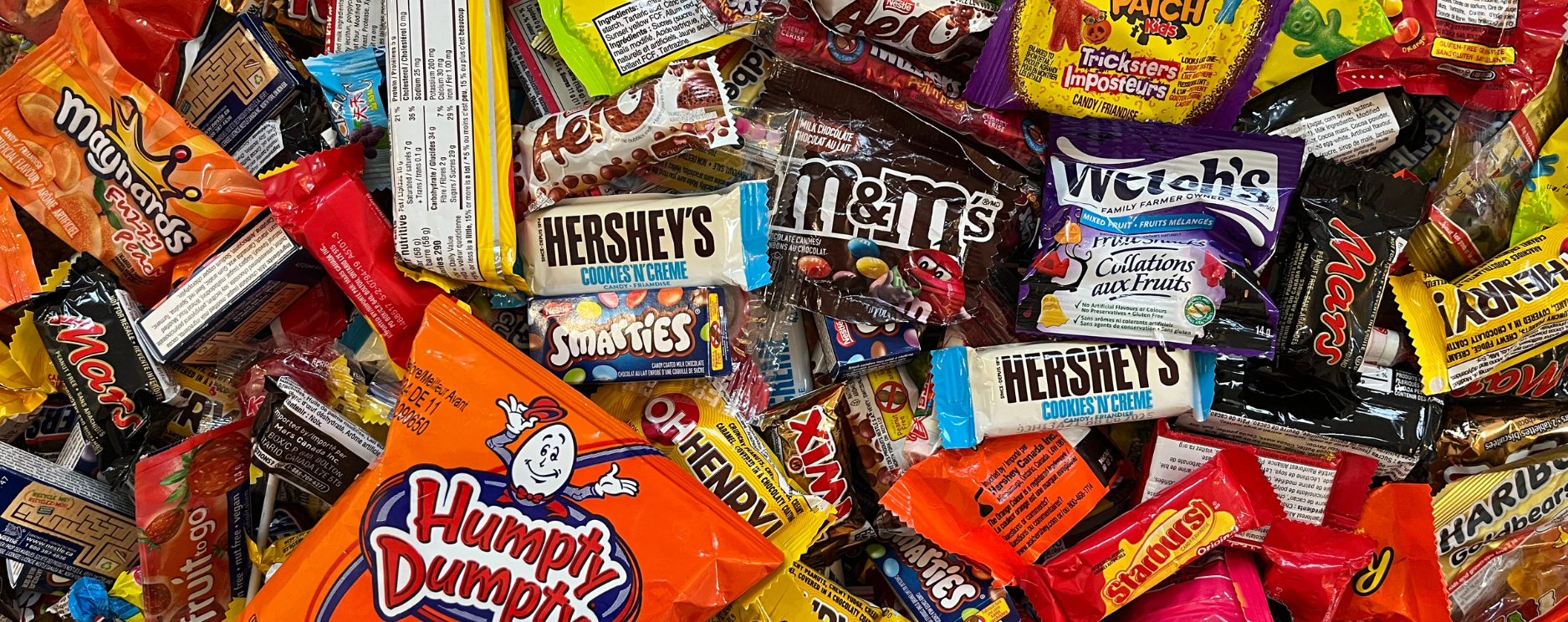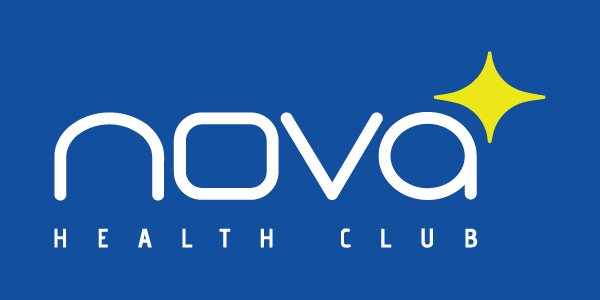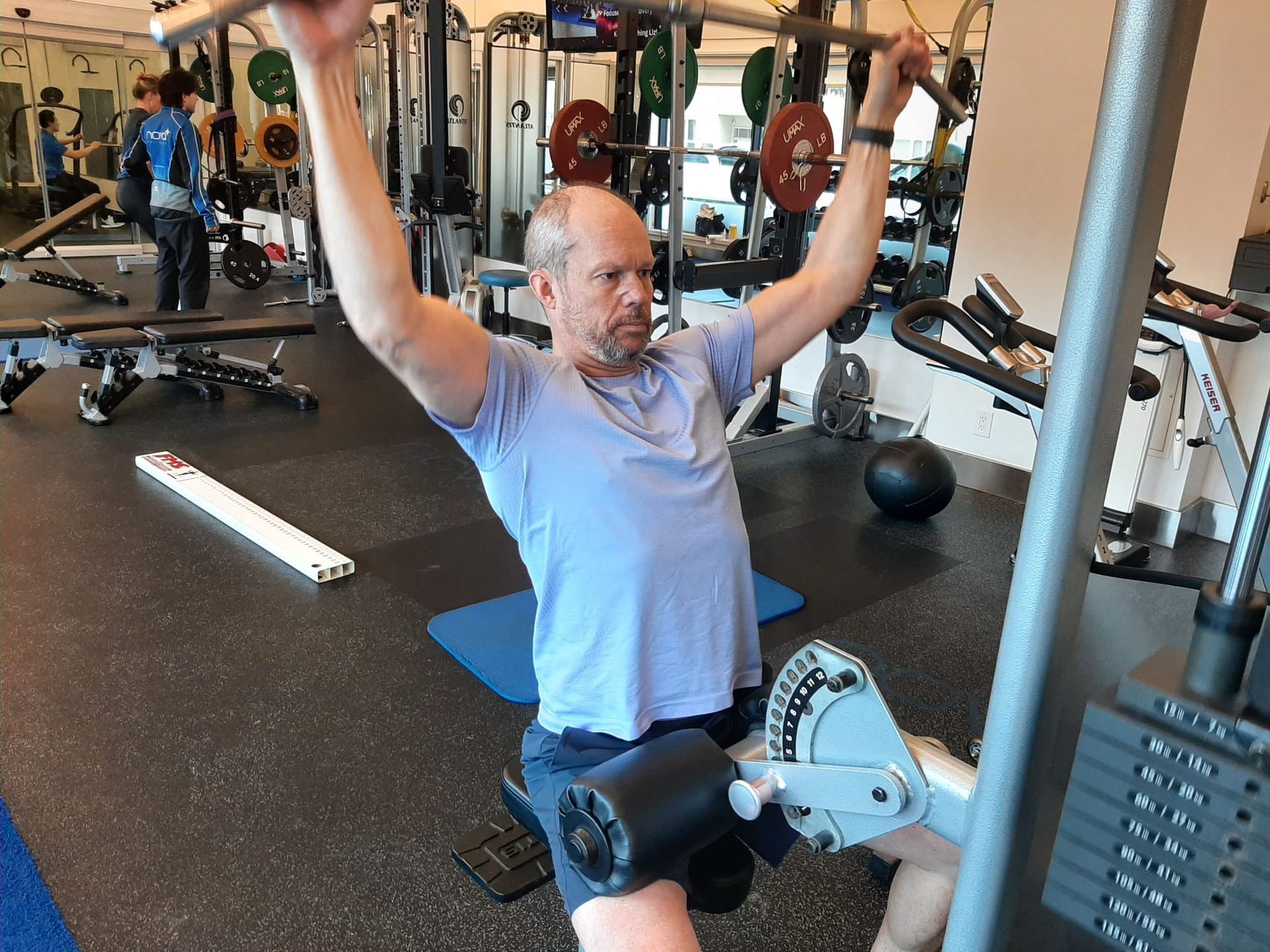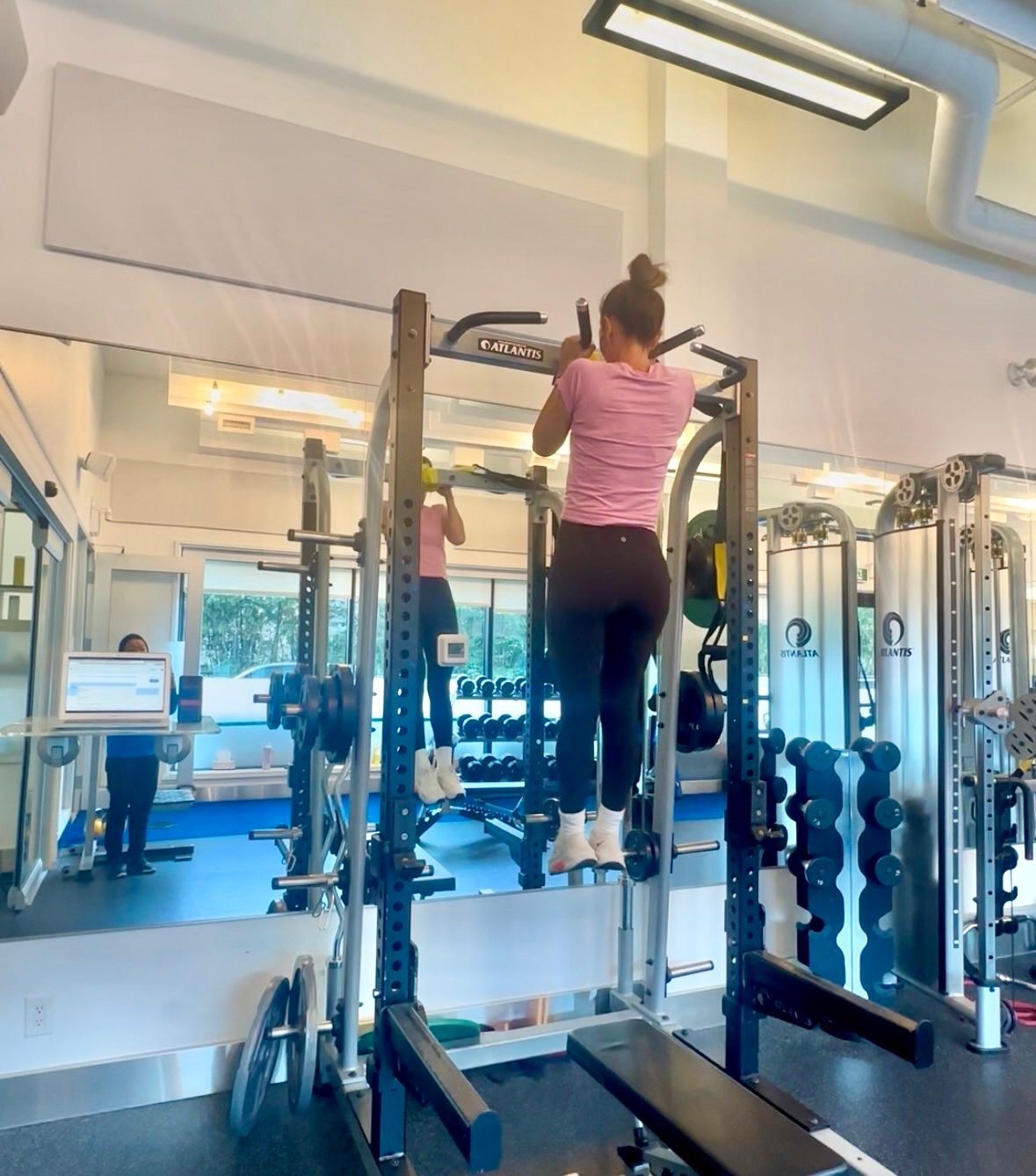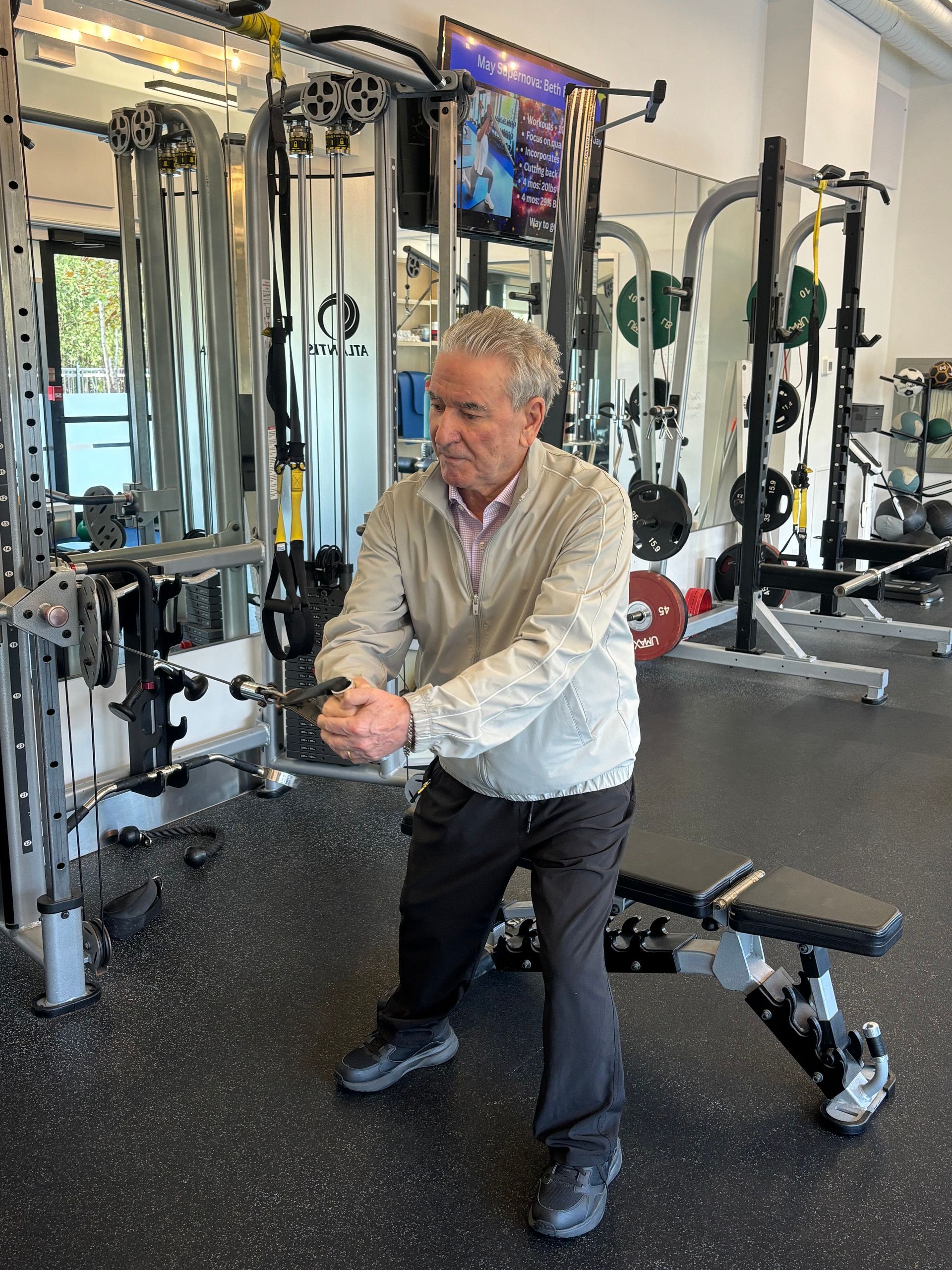The Importance of Insulin for Fat Loss & Health
For anyone with a lot of fat to lose, insulin is an important hormone, that if controlled, could have a most impact on your weight loss. If you do not have a lot of fat to lose, understanding insulin and how it works is still a very important thing to understand for health.
Did You Know That...
- Insulin is the most anabolic hormone, meaning it contributes to growth within the body?
- Insulin is the hormone that contributes to aging?
What Is Insulin?
The primary function of insulin is to regulate glucose (sugar) in the blood from the foods we eat. As we eat food and it breaks down into sugar, insulin acts like a shuttle, taking it to cells of the body. If all the glucose is not needed for energy, some of it is stored in fat cells and in the liver as glycogen. As sugar moves from the blood to the cells, the blood glucose level returns to a normal between-meal range.
The more sugar pumping through our blood, the more insulin is needed to regulate it. A common misconception is that insulin is produced only when we eat carbohydrates, which is not true. Proteins and fats also contribute to insulin production, just not to the same degree.
8 Factors Affecting Insulin
- Combination of foods per meal
- Meal frequency and timing
- Digestion
- Stress
- Poor Sleep Hygiene
- Gut Bacteria
- Level of Activity and Type of Training
- Nutrient Deficiencies
1) Combination of Foods At Meals
What you eat for breakfast, sets the hormonal/neurotransmitter trend for the day. Therefore, eating a breakfast of only carbohydrates will signal the body to elevate blood sugar (glucose) all day long (and signal more insulin).
This will cause fatigue, lack of focus and more fat storage. As well, consistent consumption of processed and junk foods will cause a shortcut to insulin resistance, which we don’t want (we will discuss further).
2) Meal frequency and Timing
Meal Frequency: Under-eating is one of the biggest issues seen with people. Not eating enough meals in the day is a sure fire way of disrupting insulin. Therefore, having 3 meals and 2 snacks throughout the day is generally a good meal frequency.
Timing: When we eat is as important as what we eat. The only exclusion to this is high level athletes or specific cases. Most people do well eating every 3-4 hours, maximum.
3) Digestion
An unhealthy digestive system doesn’t allow for the proper absorption of food. When our nutrients are not properly absorbed the body struggles to signal the proper release of insulin.
Digestion includes the following: How well food is chewed, how healthy the gut is, how well the gut absorbs nutrients and how well we eliminate waste.
4) Stress
When the brain perceives stress of any kind, it triggers a state of flight or fight, releasing more cortisol. We need energy when you are trying to run or fight, so your body releases more insulin. This is why most people crave carbs/sugars when they are stressed.
How stressed are we on a daily basis? Quite a bit! So you can imagine how frequent these insulin spikes can happen every single day. Reminder: more insulin spikes mean more body fat.
5) Poor Sleep
Getting into deeper states of sleep is closely linked to insulin sensitivity (which we want). The physical body repairs between 10pm - 2am. This includes:
- Organs
- Muscles
- Joints
If you don’t sleep well, your pancreas (the organ that releases insulin) won’t get repaired. This results in carb cravings and possibly insulin resistance (which we don’t want) over time.
6) Gut Bacteria
The balance of bacteria in your gut can affect your ability to:
- Digest foods
- Curb cravings for carbs
- Get good sleep quality
People with dysbiosis (yeast, fungus, parasite overgrowth) usually have cortisol chronically elevated. Remember: high cortisol disrupts insulin production.
7) Level of Activity and Type of Training
Regular resistance (weight) training and being active daily is key to maintaining insulin sensitivity, which is the overall goal for insulin. The body needs stimulus to effectively use the food you are feeding it.
Insulin resistant people need to train:
- With higher volume
- With longer workouts
- More frequently
8) Nutrient Deficiencies
Nutrient deficiency can disrupt insulin function and glucose metabolism. Insufficient intake of key nutrients necessary for insulin secretion and sensitivity can lead to impaired glucose homeostasis, decreased insulin secretion, and insulin resistance.
These disturbances in insulin function will increase the risk of hyperglycemia, insulin resistance, and metabolic disorders such as type 2 diabetes.
Key deficiencies to watch out for include:
- Protein
- Zinc
- Magnesium
- Essential fatty acids
- B vitamins
Insulin Resistance vs Insulin Sensitivity
Insulin resistance is when the body has to release more insulin to bring blood sugar levels down after consuming the same amount of carbohydrates, than if it was insulin sensitive.
Example: Bowl of rice is eaten
Insulin Resistant Person
- Releases high amount of insulin
- Why? To get the glucose out of the blood and into the cells that need it
- Because of the high amount of insulin released, glucose will be pushed into their fat cells or liver
Insulin Sensitive Person
- Releases a low amount of insulin to do the same job of...
- Getting the glucose out of the blood and into the cells that need it
- Because of the low amount of insulin released, glucose will be driven into their muscle cells
Achieving Insulin Sensitivity is the Goal!
- The more insulin sensitive you become the leaner you become
- The more insulin sensitive you are, the better you can manage carbohydrates
- The more insulin sensitive you are the slower you age the cells of your body (longevity)
12 Symptoms of Insulin Resistance
- HBA1C Greater Than 5.0
- Sugar Cravings
- Wake Times 11-1am or 1-3am
- Hungry After Large meals
- Severe Fatigue
- Depression
- Fat in Upper Back and Love Handles
- Tough Skin or 'Marbling'
- Dark Circles Under Eyes
- Loss of Muscle or Hard to Gain Muscle
- Poor Physical Performance
- Reaching Muscle Fatigue Faster
Final Thoughts:
A balanced diet that includes adequate protein, healthy fats, and complex carbohydrates, along with portion control and avoidance of excessive sugar and refined carbohydrates, can help maintain stable blood sugar levels and insulin sensitivity. In addition to nutrition, making exercise a regular part of your life can help you become more insulin sensitive.
To learn more about insulin, check out part 2 of this blog where we explore the concept of glycemic index.
Curious to know if you are insulin sensitive or resistant? Email Josh@NovaHealthClub.com about our 3 step assessment to determine how you should manage insulin in your life.

